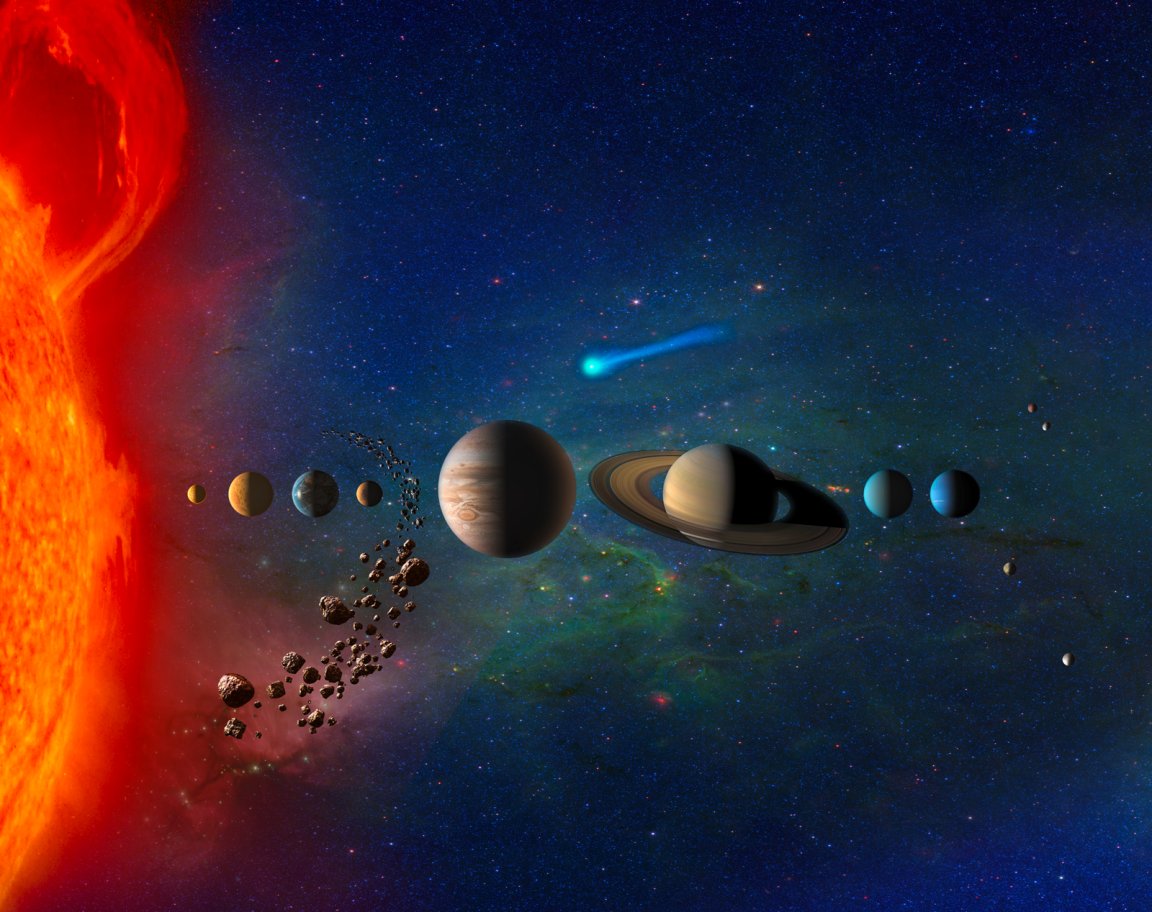
Kepler’s New Findings
Today, NASA announced the latest discovery made using their Kepler space observatory. They found an eighth planet circling a distant star, proving once and for all that our solar system isn’t the only one of its kind in the cosmos.
In attendance at the briefing was the director of NASA’s astrophysics division, Paul Hertz, and Kepler project scientist Jessie Dotson. NASA Sagan postdoctoral fellow Andrew Vanderburg and Google AI engineer Christopher Shallue were also present.
The planet, called Kepler-90i, was found in the Kepler-90 solar system. In the official release, NASA described the world as a place that would be inhospitable to life as we know it, referring to it as a “sizzling hot, rocky planet that orbits its star once every 14.4 days.”
Vanderburg described the system itself as “a mini version of our solar system,” adding that a majority of the small planets are close to the star and that the bigger worlds are pushed toward the outer limits. However, he clarifies that everything is “scrunched in” much closer together.

Sifting Through the Data
During the press conference, the space agency emphasized that the find was only made possible because of the deep learning techniques developed by Google.
It takes a lot of time and effort for scientists to pore through all of the data that Kepler collects. Leveraging machine learning to take care of the grunt work means that discoveries are made faster and, as an added bonus, human researchers are able to spend more of their time working on projects that simply can’t be automated.
Shallue came up with the idea for the collaboration during his tenure as a senior software engineer at Google Brain. He posed the question of whether deep learning could be used to discover new planets. He then went on to work with Vanderburg in order to find out, producing convolutional neural networks that could identify exoplanets in data collected by Kepler.

Since its initial launch in March 2009, Kepler has collected a huge amount of data, and the team noted that this latest breakthrough is just the beginning. With this new application of technology, many more such finds are coming our way.
“Just as we expected, there are exciting discoveries lurking in our archived Kepler data, waiting for the right tool or technology to unearth them,” Hertz said. “This finding shows that our data will be a treasure trove available to innovative researchers for years to come.”
Kepler has offered us a great deal of information about distant planets and exoplanets. While we’ve yet to find concrete evidence that these worlds can support life, we’re closer to being able to make that kind of deduction thanks to the spacecraft.